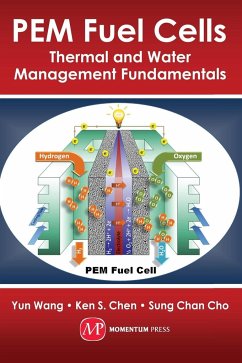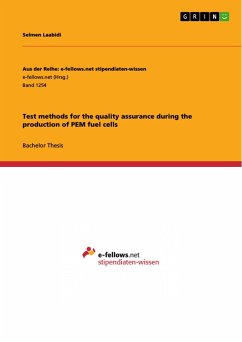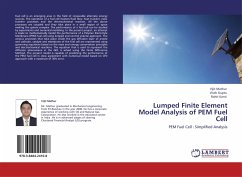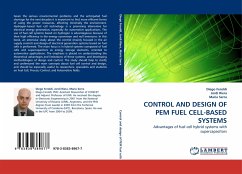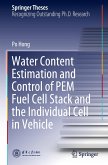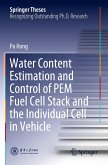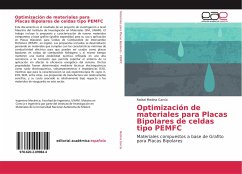Polymer Electrolyte Membrane (PEM) fuel cells convert chemical energy in hydrogen into electrical energy with water as the only by-product. Thus, PEM fuel cells hold great promise to reduce both pollutant emissions and dependency on fossil fuels, especially for transportation-passenger cars, utility vehicles, and buses-and small-scale stationary and portable power generators. But one of the greatest challenges to realizing the high efficiency and zero emissions potential of PEM fuel cells technology is heat and water management. This book provides an introduction to the essential concepts for effective thermal and water management in PEM fuel cells and an assessment on the current status of fundamental research in this field. The book offers you: ¿ An overview of current energy and environmental challenges and their imperatives for the development of renewable energy resources, including discussion of the role of PEM fuel cells in addressing these issues; ¿ Reviews of basic principles pertaining to PEM fuel cells, including thermodynamics, electrochemical reaction kinetics, flow, heat and mass transfer; and ¿ Descriptions and discussions of water transport and management within a PEM fuel cell, including vapor- and liquid-phase water removal from the electrodes, the effects of two-phase flow, and solid water or ice dynamics and removal, particularly the specialized case of starting a PEM fuel cell at sub-freezing temperatures (cold start) and the various processes related to ice formation.
Hinweis: Dieser Artikel kann nur an eine deutsche Lieferadresse ausgeliefert werden.
Hinweis: Dieser Artikel kann nur an eine deutsche Lieferadresse ausgeliefert werden.

